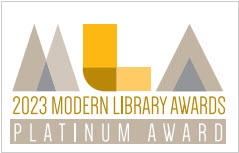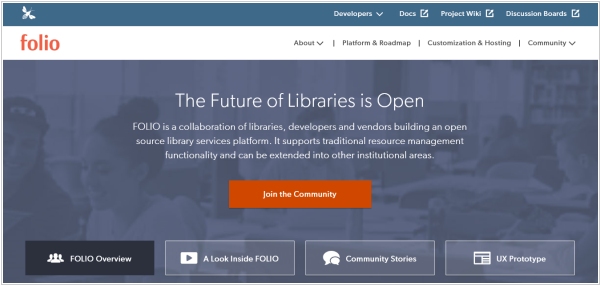Top 10: Open-source Library Management Software
July 30, 2023 | Author: Maria Lin
Open-source Library Management Software represents a dynamic and community-driven approach to empowering libraries with efficient resource management tools. As free and customizable software, it allows libraries to tailor the system to their specific needs, making it an ideal choice for institutions of all sizes, especially those with limited budgets. With a strong community of developers and contributors, open-source library management software continuously evolves with the latest technological advancements and user feedback, ensuring a cutting-edge and feature-rich experience. Libraries benefit from a wide range of functionalities, including cataloging, circulation, patron management, and reporting, while having the flexibility to integrate with other open-source or proprietary systems. Emphasizing transparency and collaborative development, open-source library management software promotes innovation, fosters community engagement, and enables libraries to provide modern and user-centric services to their patrons.
Some of the most popular Open-source Library Management Software are listed below.
See also: Top 10 Library Management Software
Some of the most popular Open-source Library Management Software are listed below.
See also: Top 10 Library Management Software
2023. Judges grant OPALS the 2023 MLA Platinum Award

OPALS has once again achieved the prestigious Platinum Award, a testament to our unwavering commitment to exceptional customer service and product excellence. We extend our heartfelt gratitude to all the librarians who have shown us their respect and appreciation. The 2023 Modern Library Awards (MLAs) have released their review scores from participating companies in a special supplement to Library Products & Services News. The MLAs are an impartial program that recognizes outstanding products and services catering to the library industry. Companies submitted concise descriptions of their offerings for review. These were then shared with LibraryWorks readers, comprising librarians from public, academic, K-12, and special libraries, who provided their assessments on a 1-10 scoring system. The judges had hands-on experience with the products or services, and companies needed to provide four library references to qualify for submission. It is important to note that the LibraryWorks staff played no role in determining the scores.
2022. FOLIO 14 brings electronic resource management

The FOLIO Open Source Community has released the new version of its Library Management system FOLIO 14, which brings additional features and functionality to the library services platform (LSP). This release introduces updates to various existing applications and features, including acquisitions, bulk-edit, electronic resource management (ERM), and more. This release aims to enhance the user experience for librarians within the FOLIO platform by introducing improvements such as better user interfaces for cataloging, data import, and circulation through the calendar app. Acquisitions enhancements include the ability to preview fiscal year rollover, generate new invoices from order records, manage GOBI integration through a dedicated user interface, and download/resend EDIFACT order export files using the Export manager app. The ERM features improvements in managing and sharing dashboards, enhanced keyword searching for agreements, advanced search and filtering options for agreement lines, display of alternate titles, and the ability to export package and title details via the eholdings app. Furthermore, bulk-edit capabilities have been expanded to allow bulk editing of user records, FOLIO holdings locations, and item loan types within the platform.
2022. Koha adds Electronic resource management

The new version of open-source library management software Koha has added Electronic resource management (ERM) module. This new module adds a mechanism to track the selection, acquisition, licensing, access, maintenance, usage, evaluation, retention, and de-selection of a library’s electronic information resources. These resources include, but are not limited to, electronic journals, electronic books, streaming media, databases, datasets, CD-ROMs, and computer software. Also the new version adds option to require 2FA setup on first staff login, allows storing item values as a template for creating new items, adds ability to create bundles of items for circulation, adds the ability to create ‘saved searches’ for use as filters when searching the catalog.
2022. Evergreen improves interface and notifications

Open-source library management software Evergreen has released the new versio 3.10. This major feature release introduces several notable enhancements, including further Angularization of the acquisitions interfaces, the addition of support for the EDI DESADV message for advance shipment notices, integration with the Bing Maps API for geographic sorting, improved formatting of outgoing emails as HTML, the capability to use Evergreen as an identity provider for OpenAthens, compatibility with Ubuntu 22.04, the introduction of a new experimental Angular interface for circulation and patron management, and the Angularization of various other staff interfaces.

